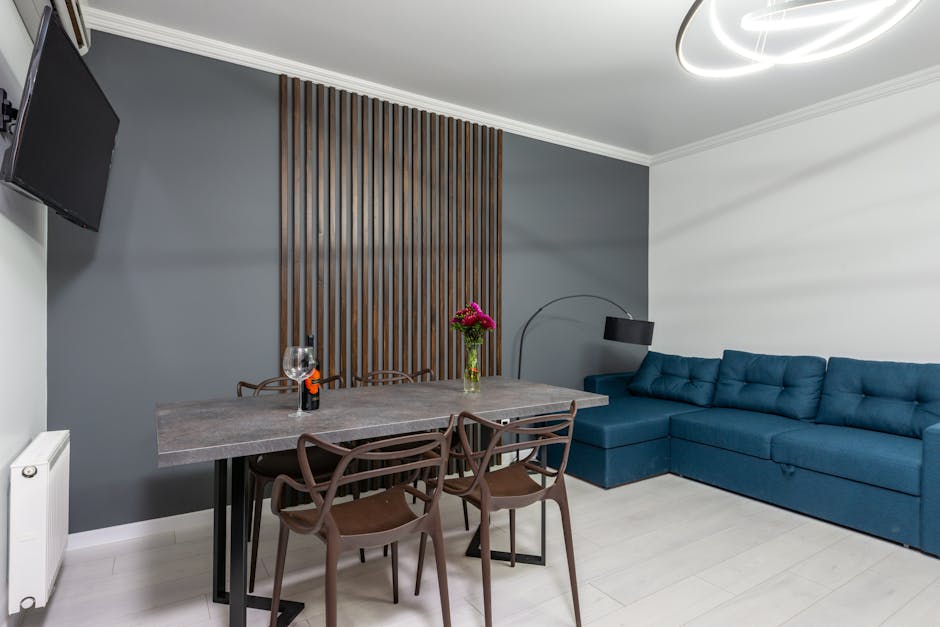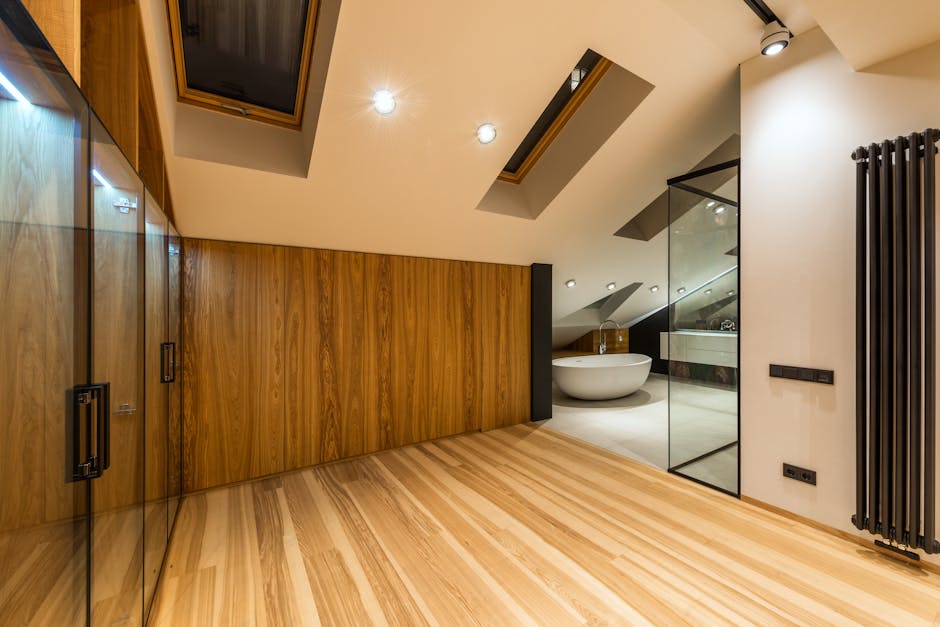How to Choose the Right HVAC System for Your Home's Needs

Choosing the right HVAC system for your home can be a daunting task, but it's essential for maintaining comfort and efficiency. The variety of options available today, from central air systems to ductless mini-splits, can make the decision-making process overwhelming. This guide will help you navigate through the essential factors you need to consider to find the best HVAC system for your home's specific needs.
Understanding Your Home's Heating and Cooling Needs
Before diving into the various types of HVAC systems, it's crucial to understand your home's unique heating and cooling requirements. Factors like climate, home size, and insulation quality play significant roles in determining these needs.
First, consider your local climate. Homes in regions with extreme temperatures may require more robust systems compared to those in milder climates. For instance, a home in Arizona will need a more powerful air conditioning unit than one in Maine.
Next, assess your home's size and layout. Larger homes or those with multiple floors may benefit from zoned systems that allow different areas to be heated or cooled independently. This ensures consistent comfort throughout the house while potentially reducing energy costs.
Lastly, evaluate your home's insulation and sealing. Well-insulated homes retain temperature better, meaning you might not need as powerful an HVAC system as a poorly insulated home would. Proper sealing around windows and doors also minimizes energy loss.
Types of HVAC Systems
There are several types of HVAC systems available, each with its own set of advantages and disadvantages. Here are the main options:
- Central Air Conditioning Systems: These are the most common and use a network of ducts to distribute cooled air throughout the home.
- Ductless Mini-Split Systems: Ideal for homes without existing ductwork, these systems offer zoned cooling capabilities.
- Heat Pumps: These versatile systems provide both heating and cooling by transferring heat between indoor and outdoor units.
- Furnaces: Common in colder climates, furnaces heat air and distribute it through ducts.
- Hybrid Systems: These combine a heat pump with a furnace, offering efficient heating and cooling options depending on the temperature outside.
Energy Efficiency and Cost Considerations
An essential factor in choosing an HVAC system is its energy efficiency. More efficient systems can save you money on utility bills while also being environmentally friendly. Look for systems with high SEER (Seasonal Energy Efficiency Ratio) ratings for cooling and high AFUE (Annual Fuel Utilization Efficiency) ratings for heating.
The initial cost of an HVAC system can vary widely based on the type and complexity of the installation. While ductless systems might have lower installation costs due to the lack of ductwork, central air conditioning systems might be more economical for larger homes already equipped with ducts.
The following table provides an overview of average costs for different HVAC systems:
| HVAC System Type | Average Installation Cost | Energy Efficiency |
|---|---|---|
| Central Air Conditioning | $3,000 - $7,000 | Moderate to High (SEER 13-21) |
| Ductless Mini-Split | $2,000 - $5,000 per zone | High (SEER 16-22) |
| Heat Pump | $4,000 - $8,000 | High (SEER 14-20) |
| Furnace | $2,500 - $6,000 | Moderate to High (AFUE 80-98%) |
| Hybrid System | $6,000 - $10,000 | Very High (Varies by component) |
Professional Installation and Maintenance
The performance of your HVAC system heavily depends on proper installation. Hiring a professional ensures that your system is correctly sized and installed according to manufacturer specifications. Poor installation can lead to reduced efficiency and increased wear and tear on components.
Regular maintenance is also vital for the longevity and efficiency of your HVAC system. Schedule annual inspections and tune-ups with a qualified technician to keep everything running smoothly. Regular filter changes are another simple yet effective way to maintain optimal airflow and air quality.
Smart Thermostats and Modern Controls
The integration of smart thermostats can significantly enhance the efficiency of your HVAC system. These devices allow you to control your home’s temperature remotely via smartphone apps, offering convenience and potential cost savings by optimizing heating and cooling schedules based on your lifestyle.
Popular smart thermostats include models from Nest, Ecobee, and Honeywell. Many of these devices learn your habits over time and adjust settings automatically for maximum comfort and efficiency. Additionally, they provide insights into energy usage patterns that can help you make more informed decisions about your consumption.
Sustainability Considerations
If environmental sustainability is important to you, consider an HVAC system that uses eco-friendly refrigerants or incorporates renewable energy sources like solar power. Systems that use R-410A refrigerant are more environmentally friendly than older models that use R-22 refrigerant.
You might also explore geothermal heat pumps that leverage stable ground temperatures for heating and cooling. While their initial cost is higher, they offer exceptional efficiency and long-term savings on energy bills.
Sustainable options not only reduce your carbon footprint but often come with incentives or rebates from governments or utility companies aimed at promoting green energy solutions.
Selecting the right HVAC system involves evaluating multiple factors including your home’s specific needs, energy efficiency goals, budget constraints, installation requirements, and sustainability preferences. By thoroughly assessing these aspects, you can make an informed decision that ensures comfort while maximizing efficiency. For additional information on choosing the right HVAC system for your needs: energy.gov.
